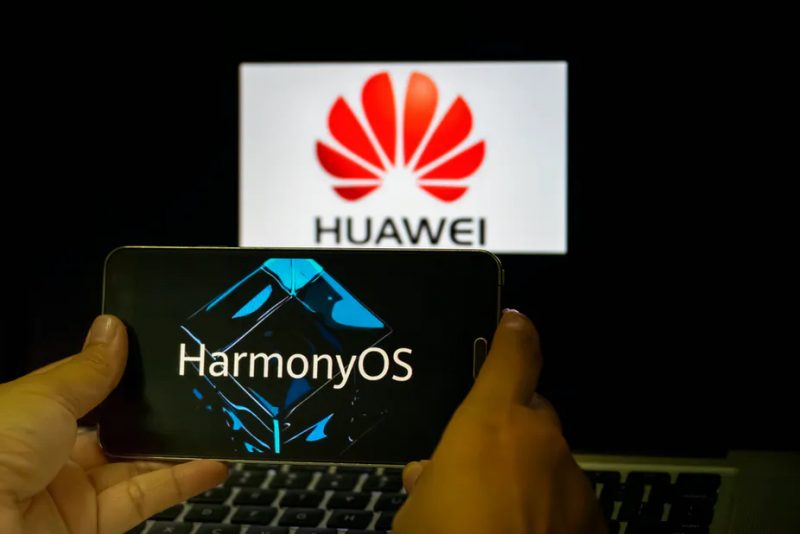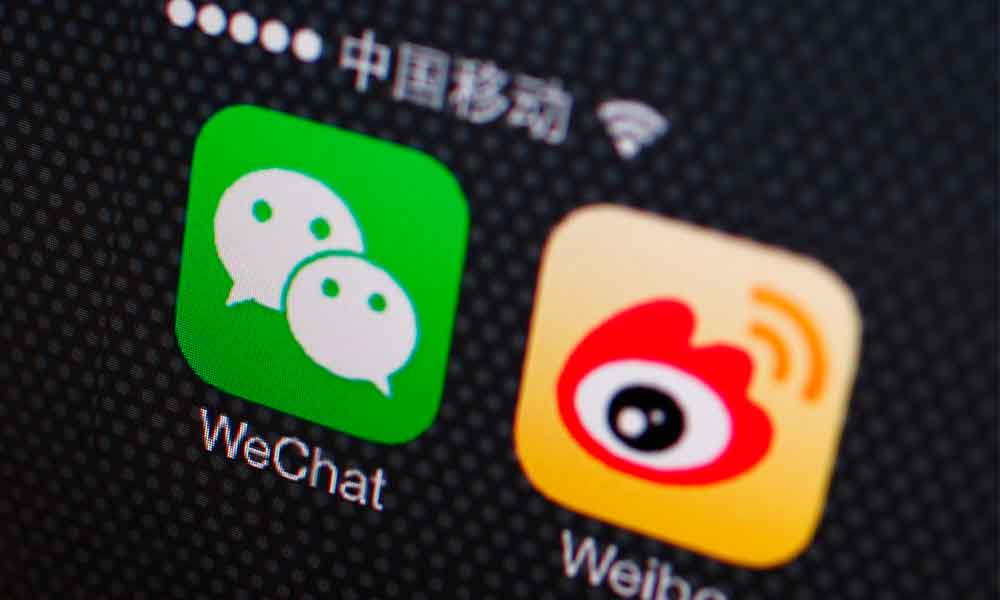The report from the Lithuanian National Cyber Security Centre says that specifically, the Xiaomi Mi 10T 5G phones have censorship software that could detect and censor terms including “Free Tibet”, “Long live Taiwan independence” or “democracy movement”. The report also states that there are more than 449 key phrases that could be censored by Xiaomi’s system apps, including the default browser.
While these censorship tools have been deactivated in devices sold to Europe, the cybersecurity body argues that they still carry the potential to be switched on remotely. Additionally, they found that the Xiaomi flagship was transferring encrypted phone usage data to a server in Singapore. “This is important not only to Lithuania but to all countries which use Xiaomi equipment,” the Centre said. The report goes on to say that while testing the Huawei P40, they found that the phone has security flaws that put users at risk of being breached. Huawei’s official app store, AppGallery, directs users to third-party e-stores where some apps have been assessed as “malicious or infected with viruses,” according to a joint claim by the Centre and the Defence Ministry.
A Xiaomi spokesperson told the BBC that the company does not practice censorship on its users and is fully GDPR compliant. Similarly, Huawei denies the allegations in the report and stresses that they perform security checks to ensure users only download “apps which are safe.” This isn’t the first time that China has been accused of smartphone censorship. Just last year when the COVID-19 pandemic was in its infancy, a group found that the popular WeChat app censored 152 keywords related to the coronavirus. Back in 2017, the Great Firewall of China made global headlines when it banned all references to Winnie the Pooh, after the cartoon character was used to make fun of the country’s president, Xi Jinping, in a photo with former US President Barrack Obama that has since been immortalised by the internet. (Source: BBC // Images: Shutterstock, Gaston Laborde/Pixabay)

